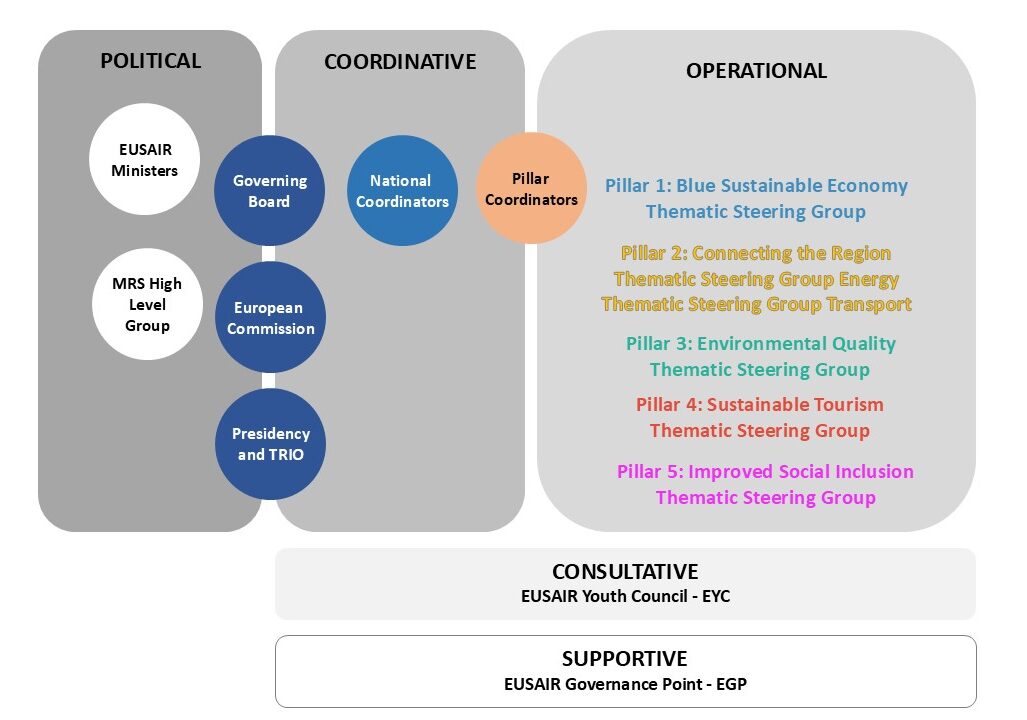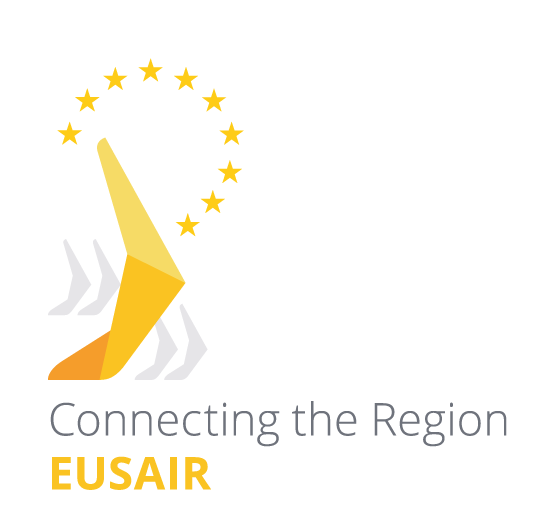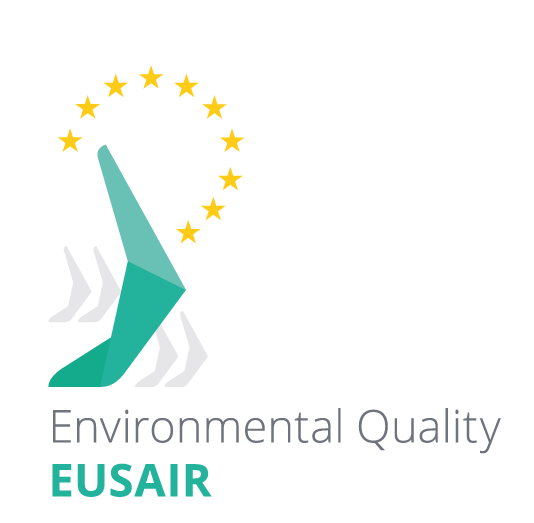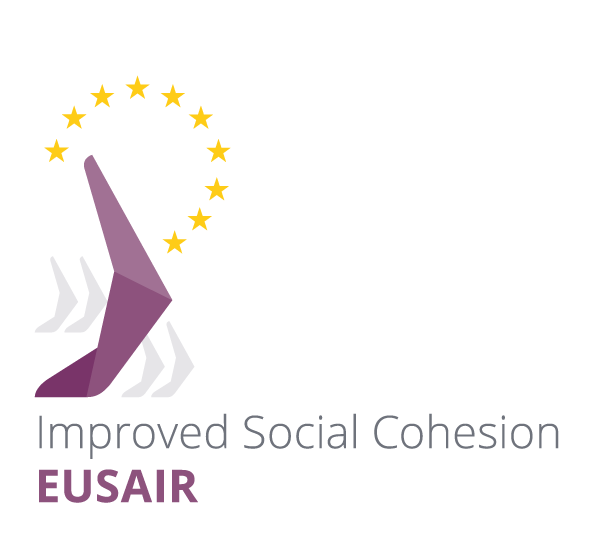Governance
Experience with the existing macro-regional strategies shows that good and stable governance mechanisms are crucial for effective implementation.
Governance in macro-regional strategies is not about new funds nor bureaucracy, but how and by whom the priorities important for the benefit of the region and its people are implemented through aligned policies, joint actions and projects. Governance must have both a political and operational dimension, with line ministries and implementing bodies setting strategic objectives and at the same time engaging and exchanging with funding institutions as well as partnerships and networks in the regions, ensuring effective delivery of better results and impact.
EUSAIR Governance and management architecture
In addition to the political level, consisting of Ministers for EU Funds and Ministers of Foreign Affairs of ten participating countries taking strategic decisions at the EUSAIR Annual forums’ ministerial meetings, the EUSAIR architecture involves two more levels: the coordinating level and operational level. The Governing Board, the National Coordinators, the Pillar Coordinators, the European Commission, the Presidency and TRIO have the coordinative role in the Strategy. The operational level is represented by Thematic Steering Groups. The EUSAIR Governance Point has supporting role to Strategy’s governance bodies. EUSAIR Youth Council is an independent body in an advisory capacity/consultative role. The Commission´s Directorate General for Regional Policy (DG REGIO) helps to implement the Strategy by facilitating and supporting actions of the participating countries.

- GBEUSAIR Governing Board
- TSGsThematic Steering Groups
- EGPEUSAIR Governance Point
- EYCEUSAIR Youth Council
EUSAIR Governing Board (GB)
The Governing Board (GB) coordinates the work of the Thematic Steering Groups in charge of implementation through strategic guidance with respect to management and implementation of the EUSAIR and its Action Plan. To this end, representatives from the participating countries need to be duly empowered by their respective Governments. The GB is presided by the participating country holding the pro tempore Presidency of the EU Strategy for Adriatic and Ionian Region.
Presidency of the EUSAIR and AII: Croatia (1 June 2015 – 31 may 2016), Greece (1 June 2016 – 31 may 2017), Italy (1 June 2017 – 31 may 2018), Montenegro (1 June 2018 – 31 may 2019), Serbia (1 June 2019 – 31 may 2020), Slovenia (1 June 2020 – 31 may 2021), Albania (1 June 2021 – 31 May 2022), Bosnia and Herzegovina (1 June 2022 – 31 May 2023), Croatia (1 June 2023 – 31 May 2024), Greece (1 June 2024 – 31 May 2025) and North Macedonia (1 June 2025 – 31 May 2026).
GB standing members are:
- National representatives: Each participating country is represented by two formally appointed National Coordinators, i.e. one senior official from the Ministry of Foreign Affairs and one senior official from the national administration responsible for coordinating EU funds in the country.
- Formally appointed Pillar Coordinators.
- Commission services: DG REGIO, DG MARE and DG ENEST. Other Directorates-General (DGs) may participate as appropriate.
- A representative of the European Parliament.
- A representative of the Committee of the Regions accompanied by a representative of its Adriatic-Ionian Interregional Group.
- A representative of the European Economic and Social Committee.
- The Permanent Secretariat of the Adriatic-Ionian Initiative.
- The Managing Authority of the IPA ADRION programme
- EUSAIR Youth Council representative
- Representatives of the EUSAIR Governance Point
Thematic Steering Groups (TSGs)
The EUSAIR communication identifies five interdependent pillars of strategic importance:





Thematic Steering Groups (TSGs) drive the Action Plan implementation work under their respective Pillars. Generally, there is one Thematic Steering Group formed per Pillar apart from Pillar 2, where there are two TSGs, Transport and Energy TSG respectively. TSGs work in close coordination while sharing methodologies and procedures.
TSGs are the decision-making and executive bodies at Pillars’ level regarding objectives, formats and emphases of cooperation and future developments. TSGs members are ‘the expert drivers of the day-to-day implementation’, who decide on the joint work and who provide advice and assistance.
The TSGs are coordinated by Pillar Coordinators coming from a tandem of countries, namely: Greece and Montenegro for Pillar 1, Italy and Serbia and from 2020 also North Macedonia for Pillar 2, Slovenia and Bosnia-Herzegovina for Pillar 3, Croatia and Albania for Pillar 4 and Croatia and Bosnia and Herzegovina for Pillar 5.
Role of the EUSAIR Governance Point
Operational and administrative support is of utmost importance for an effective and efficient performance of the functions attributed to the GB and the TSGs. Accordingly, the “EUSAIR Governance Point” was established to provide operational support to the key EUSAIR governance actors and implementers in their respective role. The EUSAIR Governance Point consists of three projects providing technical and content related assistance to the implementation of the EUSAIR Action Plan, including support to the Governing Board, National Coordinators, Thematic Steering Groups and Pillar Coordinators as well as EUSAIR Youth Council.
- EUSAIR Facility Point – Supporting the EUSAIR governance for improved cooperation
The EUSAIR Facility Point with its 4 functions has the main supporting and coordinating role in facilitating governance bodies in administrative and technical manner, in decision-making and capacity building, in communicating the Strategy and in monitoring and evaluation of the Strategy. It also ensures support is delivered in all 10 participating countries with corresponding partnership.
- EUSAIR StEP – EUSAIR STAKEHOLDERS ENGAGEMENT POINT
The EUSAIR Stakeholders Engagement Point encourages engagement with stakeholders, supports financial dialogues and embedding of the Action Plan and together with the Strategic Implementation Project focuses on the support to the Action Plan implementation.
- SP4EUSAIR – EUSAIR Strategic Implementation Project – Support to Development and Implementation of Strategic Implementation Formats
The EUSAIR Strategic Implementation (SP4EUSAIR) main function is support to the development of EUSAIR strategic implementation formats, such as flagships strategic projects, networks, initiatives.
Strategic projects are implemented and financed under the Priority 4 – Supporting the Governance of the Adriatic-Ionian region of the INTERREG IPA ADRION 2021-2027.
EUSAIR Youth Council
The EUSAIR Youth Council (EYC) aims to engage youth aged 18-29 as part of EUSAIR governance. Originating from the Tirana Declaration, it was established in October 2024 and consists of 20 members, 2 per country, following the principles of balanced representation.
EUSAIR Youth Council is an independent advisory body representing the perspective of youth from the Adriatic-Ionian region. Youth Council interacts with the EUSAIR Governing Board and the Thematic Steering Groups in a consultative role.
The EUSAR Youth Council also cooperates with EUSAIR Presidency on all questions related to youth and on issues of common interest to the Presidency and the Youth Council.






